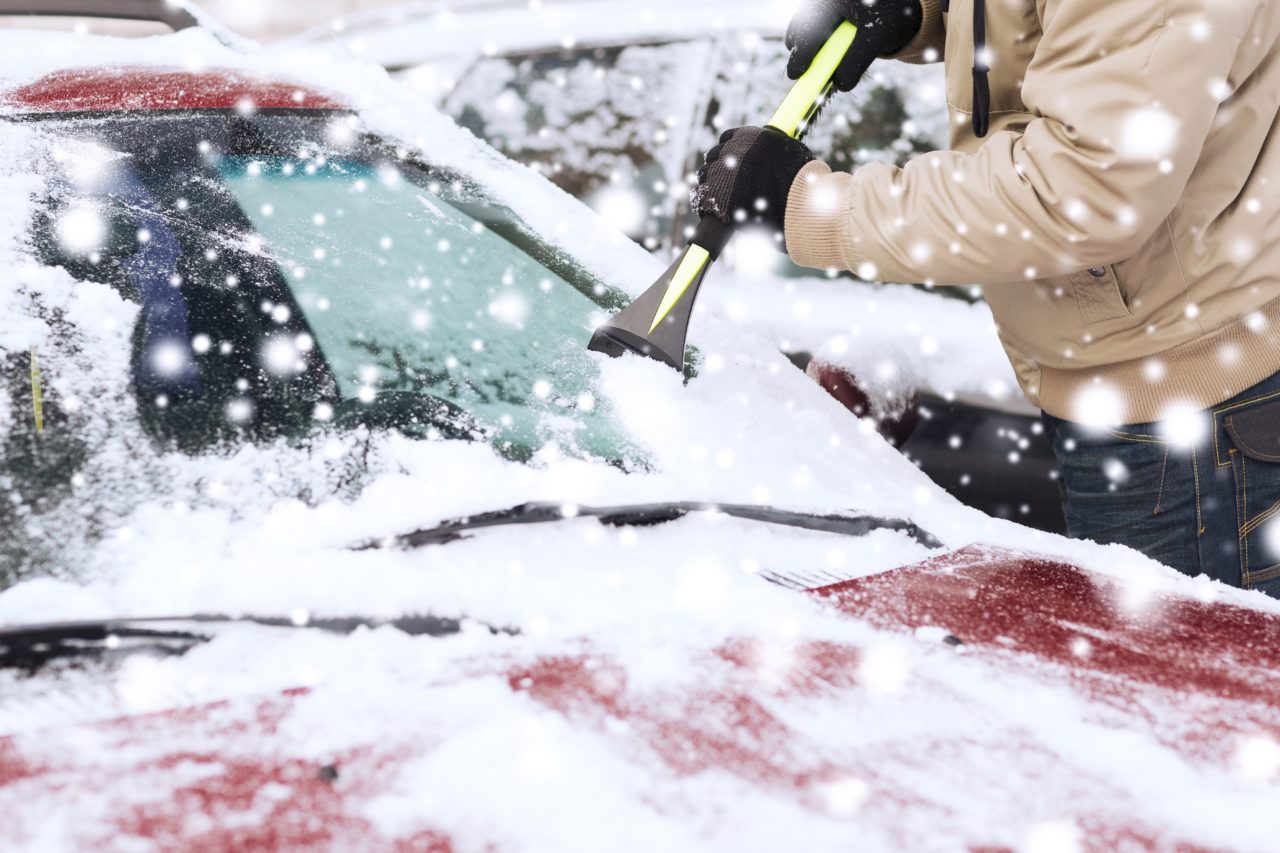Leaving your toasty home for work can be a challenge. As if the -15 degree wind chill wasn’t enough to make you consider calling in, how about an engine full furry pests and chewed up wires to grind your gears? Franklin Pests Solutions has your back with preventative tips to ensure a rodent-free ride. Read on for more!
Imagine this: you’re warming up your car at 6:45 a.m. because it’s a crisp twelve degrees. Just as your breath begins to disappear, your car fills with a smell so wretched you fly willingly back into the painful arctic temperatures. What on Earth could be the cause? Or, even worse, what if you head outside and your car doesn’t start at all? Believe it or not, rodents could be the source of both of these problems!
Precious car cables may turn to a meal for pesky rodents. To some pests, the undercarriage of your automobile is the perfect place to hide from winter winds. According to a Franklin Pest Solutions Field Tech, “cars offer the same protection and food sources for rodents that homes do. Plus, eco-friendly materials increasingly being used by car manufacturers, such as soy-based wiring, only further attract them and their palates.” That’s right, your car is lunch, dinner and shelter. And if you don’t think those little buggers are capable of getting inside, boy have we got a video for you.
Unsure of just how tiny of a space a rodent can work their way into?
You can almost admire the little plague carrier’s persistence. If that’s what this little vermin is willing to do for a smear of peanut butter, imagine what it’d be wiling do for a few old french fries. Once they’re in, rodents will quickly get to work chewing circuit boards, shredding wiring, and relocating anything that they can use for nest insulation. Your unwanted rodent modifications can lead to a variety of costly electrical damage and, in severe cases, even fire.
As if electrical problems in your vehicle, funky smells, general inconvenience and risk of fire aren’t enough, rodent exposure also puts your personal health in danger. Rodents have been known for exposing people and pets to many harmful parasites and diseases. To help prevent the costly risk of exposure, the National Pest Management Association (NPMA) and Franklin Pest Solutions provide the following tips to help keep your vehicle and garage rodent-free:
- Seal up points of entry into garages using a silicone-based caulk, steel wool or a combination of both.
- Check under the car hood for gnawed materials, droppings, nests and frayed wires.
- Maintain a clean car by promptly wiping up spills, and disposing of paper, fast food bags and other trash in a sealed receptacle.
- Consult with a professional automobile mechanic if signs of a rodent infestation are found.
- Learn about the differences between rats vs mice with resources like this infographic.


